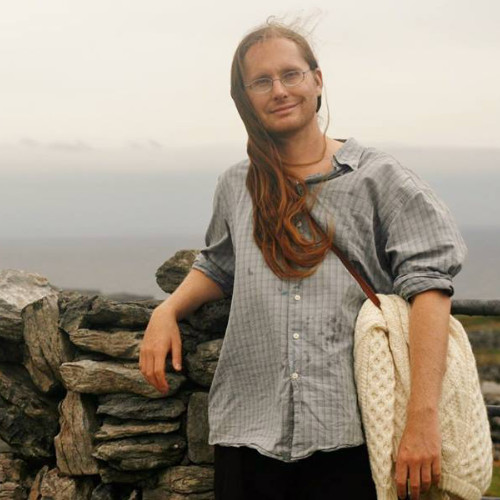Conor McDonough Quinn is a documentary and revitalization/reclamation linguist with a strong set of applied-theoretical interests that center primarily around morphosemantics and morphosyntax. His most recent research pursues a practical radical minimalism, working to identify a strictly limited set of cross-linguistic/universal structures and categories by comparison/contrast of a typologically maximally broad base of languages: i.e. those that are superficially as different from each other as possible, and particularly those outside of the heavily-researched European and Northeast Asian languages. The primary outcomes of this work are a much-reduced set of basic semantic-syntactic structures and a clearer sense of their relation to (and the inner workings of) language-specific lexicons, with promising potential for next-generation NLP applications.
Conor has worked for over 25 years in language revitalization/reclamation and documentation, most recently working with the Long Island-area Algonquian Languages Reclamation Project and the St. Mary’s First Nation Maliseet revitalization efforts on an promising new approach to adult heritage-learner pedagogy, one which seeks to minimize learner anxiety (through explicit and ongoing engagement with this and related socioemotional issues) and maximize immediate communicative competence (through a series of carefully constructed, readily shareable mini-lessons). Together with the Penobscot Nation Dept. of Cultural and Historic Preservation, the American Philosophical Society, and co-PI, Dr. Pauleena MacDougall at the University of Maine Folklife Center, Connor is currently finishing a three-year DEL-funded project to finalize and publish a dictionary of Penobscot, an Eastern Algonquian language of central Maine. He is also collaborating with Carol Dana and Margo Lukens on a two-volume annotated edition of Penobscot literature performed by Newell Lion and transcribed by Frank Speck.
Photo: Conor Quinn


